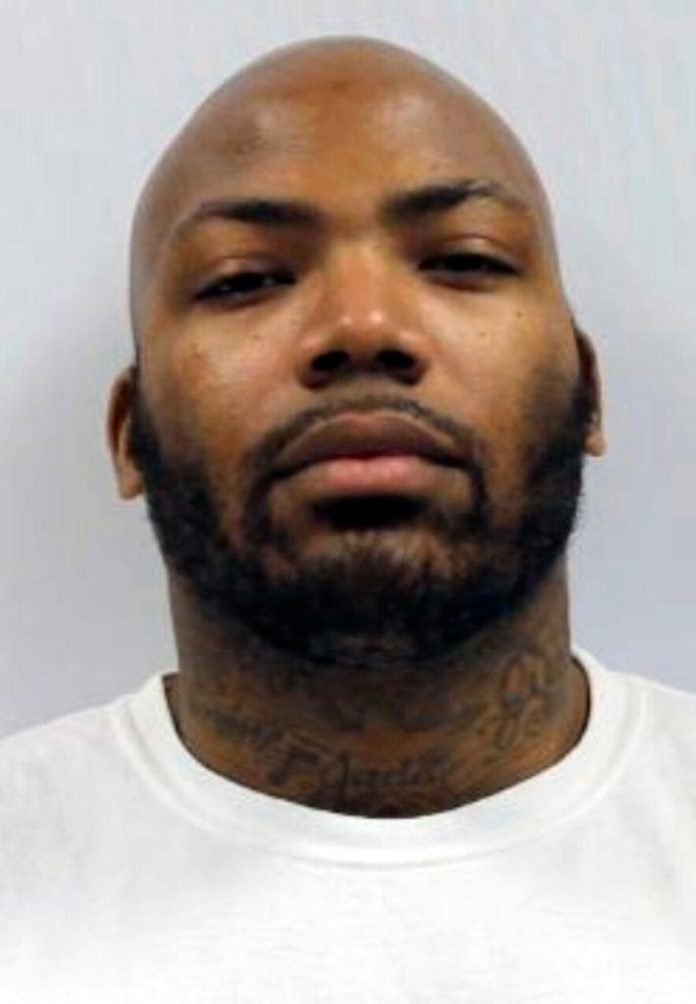The manhunt for a convict accused of murdering a Baltimore tech CEO has ended, authorities said, even as the suspect’s release on a prior conviction comes under further scrutiny.
Jason Dean Billingsley, 32, of Baltimore, was arrested in Maryland without incident around 11 p.m. ET Wednesday, authorities said.
Billingsley was wanted for first-degree murder, assault, reckless endangerment and other charges in connection with the death of Pava LaPere, 26, the founder of EcoMap Technologies.
Police found LaPere dead with ‘blunt-force trauma wounds’ at a Baltimore apartment building on Monday, within hours of being reported missing, according to Baltimore Commissioner Richard Worley.


It is unclear if there was any previous connection between Billingsley and LaPere, he said.
‘I know this arrest does not bring back Pava LaPere,’ Worley told reporters during a press briefing Thursday.
‘But my hope is at least we can give a sense of closure to the city of Baltimore, the victims of all his crimes and all their families.’
LaPere was discovered on the roof of the apartment building where she lived and worked with trauma to her head, face and body, according to a charging document which redacted her name.
A brick and several teeth were among the items found at the crime scene, it stated.

The medical examiner ruled her death a homicide by strangulation and blunt force trauma, according to the document.
Detectives are reviewing all cases since October 2022 ‘in order to determine any other connections,’ the Baltimore Police Department said in a statement.
Billingsley was previously convicted of a sex offense in 2015 and released in October 2022, according to Maryland Department of Public Safety and Correctional Services online records.
Billingsley is a registered sex offender in the state’s database.

He was sentenced to 30 years in prison with all but 14 years suspended but was released in 2022 due to good-time credits — also known as diminution credits — given for good behavior and education under a Maryland statute.
Additional time would likely be subtracted for any time served between arrest and sentencing and days off each month, according to ABC News legal contributor Brian Buckmire.
This type of release would typically require mandatory supervision, including ‘heavy surveillance,’ David Jaros, the faculty director of the Center for Criminal Justice Reform at the University of Baltimore, told ABC News.












